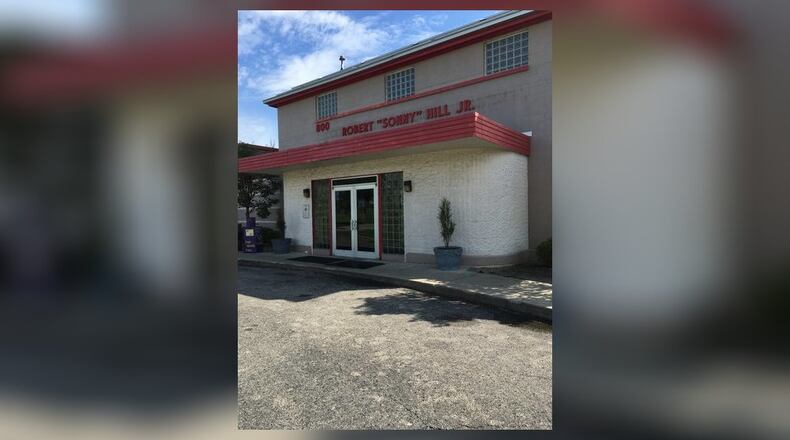Mindy Muller of Hamilton-based Community Development Professionals, is contracted by Middletown to administer the city’s CDBG program which is a formula-based funding to allocate to communities. Each year, the city has to approve the spending plan for the coming year that starts May 1, 2020 through April 30, 2021 as well as the five-year consolidated plan to establish priorities for future spending.
She said 70 percent of the allocation has to serve low and moderate income people.
“These funds are used to create strong, sustainable, inclusive communities and affordable housing,” Muller told Middletown City Council during a March 3 work-session.
HUD determines the amount of each grant by using a formula comprised of several measures of community need, including the extent of poverty, population, housing overcrowding, age of housing, and population growth lag in relationship to other metropolitan areas, according to its website. The federal program started in 1974 and provides the formula-based grants to 1,209 units of local government and states.
In its consolidated plan for 2020-2025, the city has identified emerging needs and priorities such as housing activities to help with down payment assistance, repairing and rehabbing homes for existing homeowners, building a competitive housing stock; workforce development; youth activities and centers; social services for mental health and substance use treatment; removal of blight; street resurfacing/beautification; and a focus on the Oakland neighborhood.
For the 2019 program year, the city used CDBG funding for:
- Street resurfacing, $332,853.
- Demolition, $100,000.
- Emergency home repair through SELF, $17,500, and through People Working Cooperatively, $50,000.
- Community activities, $60,000 for the Community Building Institute.
- Fair Housing/Legal Aid, $20,000.
In program year 2020, Muller is recommending using the anticipated $733,171 in CDBG funds for:
- Emergency repair assistance through SELF and PWC for $70,000 that would be used largely in the Oakland neighborhood.
- Fair housing/Legal Aid, $22,000.
- Community Center Activities through CBI, $30,000.
- Workforce development through CBI, $30,000.
- Oakland beautification/infrastructure improvements, $434,537.
- Grant administration, $146,634.
In addition, the city expects to use about $263,833 in anticipated federal HOME funding for down payment assistance.
A public hearing on the proposed CDBG spending programs was held at the March 3 council meeting and another public hearing is slated for the April 7 meeting before council votes on the matter. In addition, the public comment period is open through April 8. Copies of the city’s plan are at the MidPointe Library, Central Connections, the Robert “Sonny” Hill Jr. Community Center and on the city’s website.
About the Author

